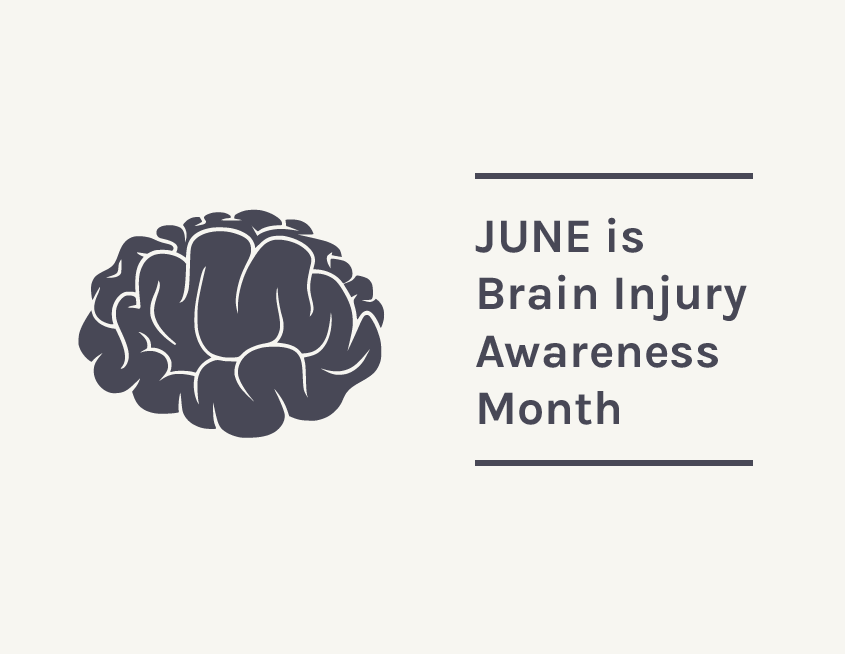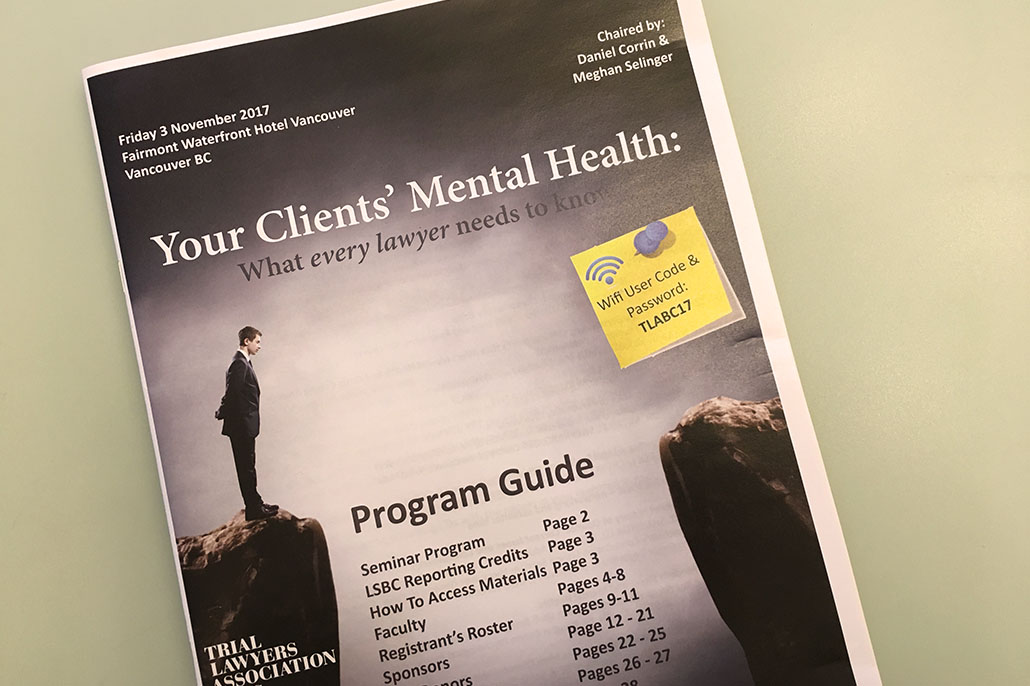
by bil2016 | Jun 20, 2020 | Community Events & Programs, Living with Brain Injury, News & Research, Uncategorized
June is Brain Injury Awareness Month in Canada. With over 20,000 Canadians being hospitalized each year with an acquired traumatic brain injury (per Government of Canada website) there is a huge need for public education around the prevention and impact of traumatic...

by Daniel Corrin | Dec 18, 2017 | Community Events & Programs, Legal Articles & Tips
On November 3rd, 2017, we appreciated the input by various specialist professionals, as Dan Corrin co-chaired this information-rich session on how to deal with mental illness in litigation; Your Client’s Mental Health: What every lawyer needs to know. The conference,...
by Daniel Corrin | Dec 9, 2013 | Community Events & Programs
The Crash Reel, a new documentary film by Oscar-nominated director Lucy Walker, follows the story of elite US snowboarder, Kevin Pearce, who sustained a horrific brain injury just weeks before he was due to compete in the 2010 Winter Olympics. The film takes on a...
by Daniel Corrin | May 28, 2013 | Community Events & Programs
June is Brain Injury Awareness Month in Canada. To raise awareness of the causes and impact of brain injuries, organizations throughout British Columbia are hosting events and fundraising activities, including: Brain Injury Film Festival Wheel, Walk, Run for Brain...
by Daniel Corrin | May 19, 2013 | Community Events & Programs, Living with Brain Injury
After sustaining a hairline fracture to her femur, Jennifer Weterings was admitted to St. Paul’s Hospital. Within 24 hours she had developed progressive multi-organ failure, due to severe sepsis, secondary to MRSA (Methicillin-resistant Staphylococcus Aureus). Her...
by Daniel Corrin | May 13, 2013 | Community Events & Programs
I’ve just returned from a fantastic holiday in Maui, Hawaii. Although I was surrounded by spectacular Hawaiian landscape, I couldn’t help but notice something(s) that detracted from its beauty… NO ONE WAS WEARING HELMETS! All around me, people were...






